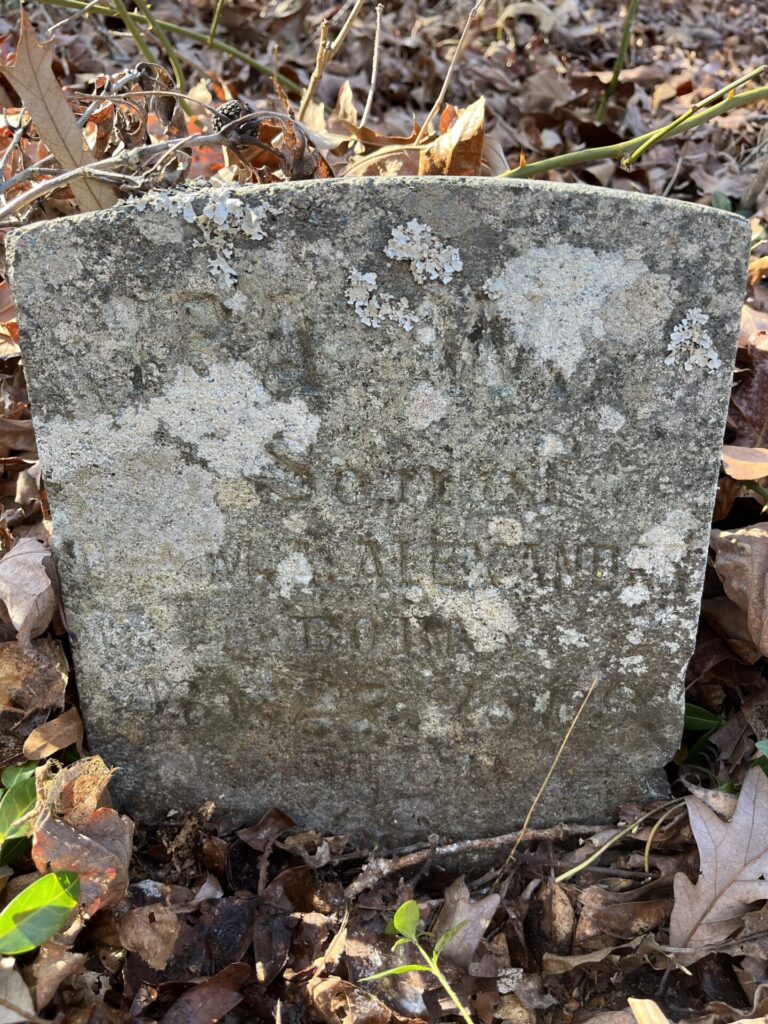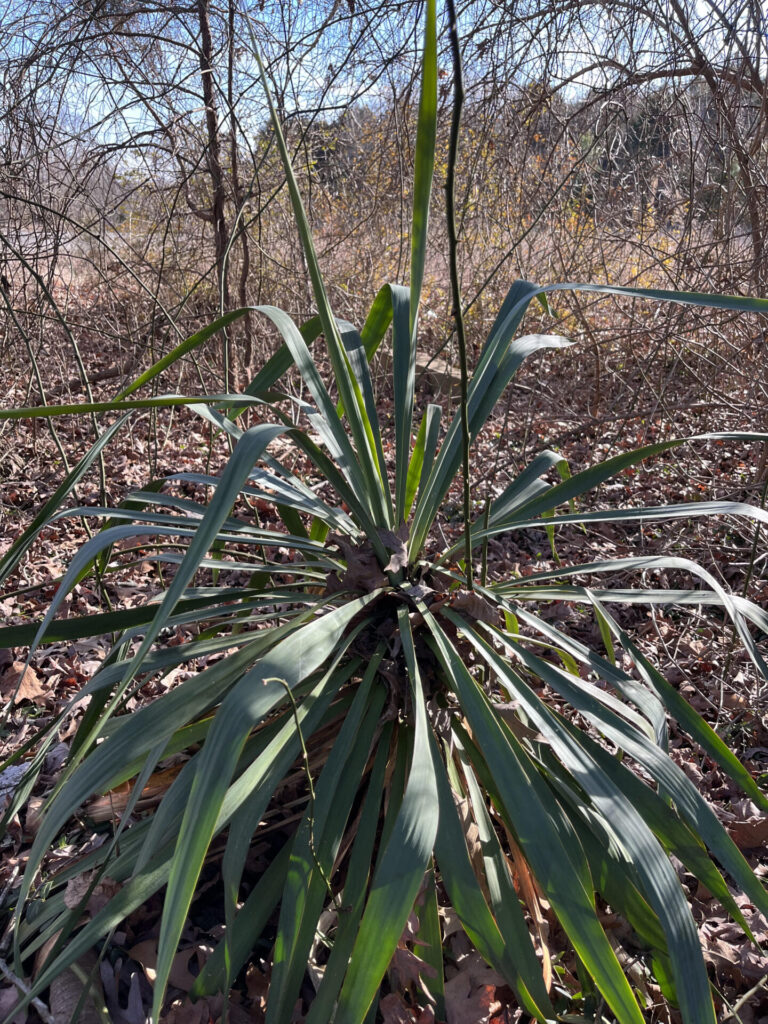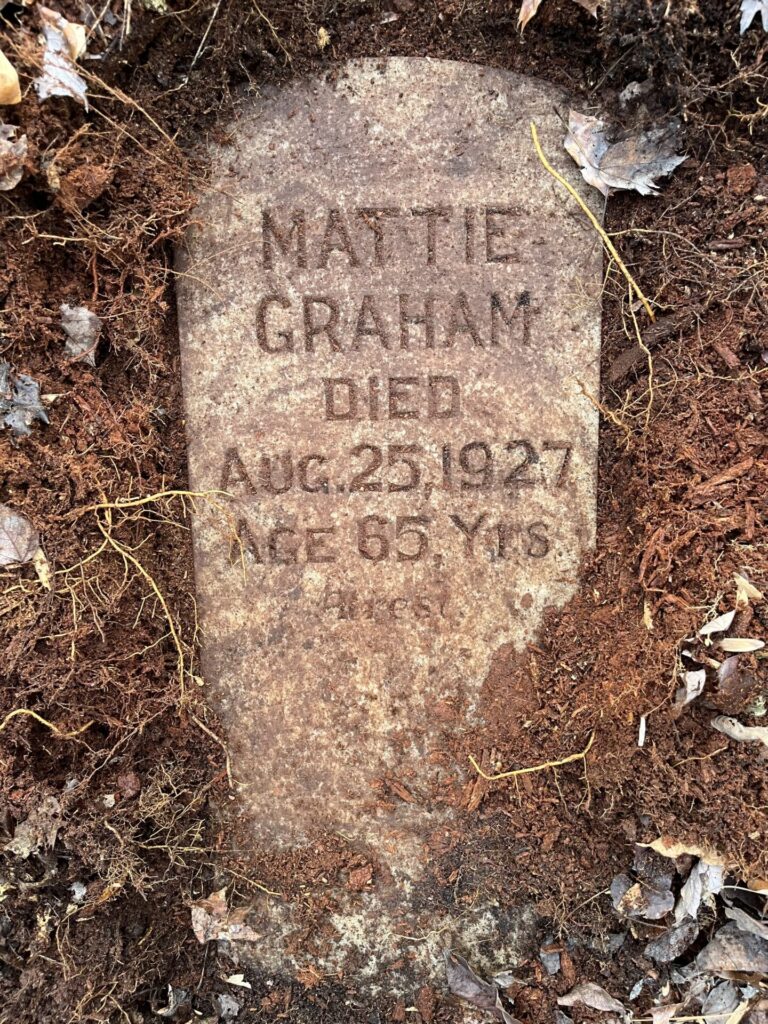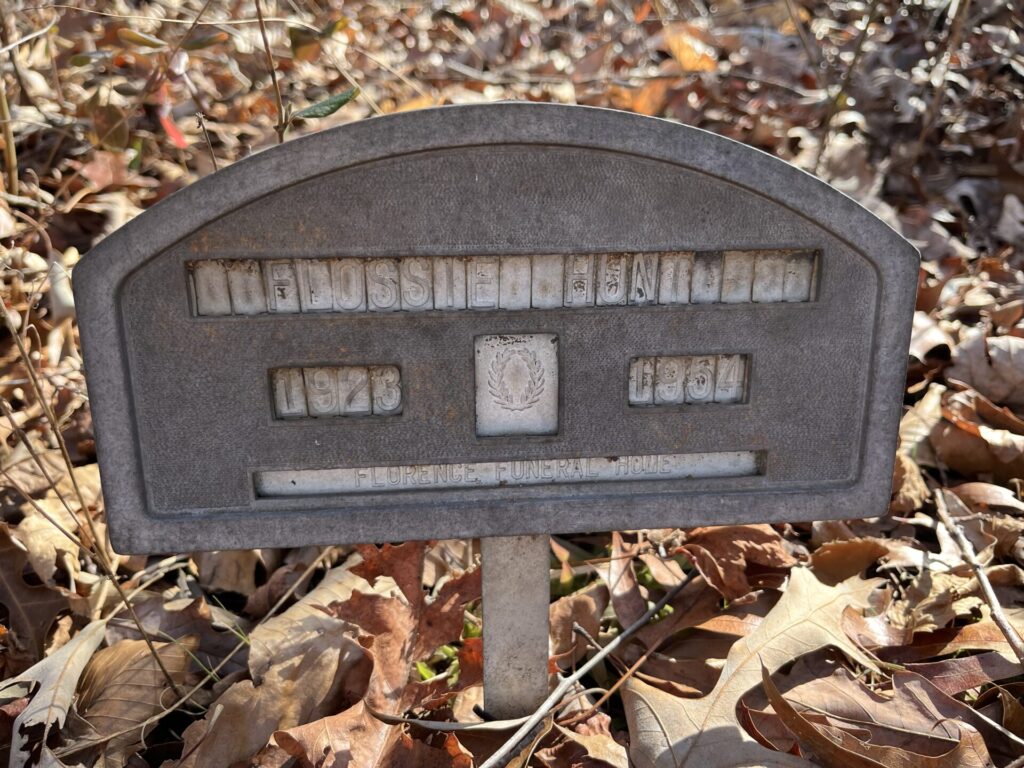
BY SHELLIE TAYLOR
The Iredell County Public Library is celebrating Black History Month as it does every year in February. Prior to working at the library, I had never conducted African American genealogy research. Not long after I started in the Local History Department, I realized that Black history research is incredibly important to not only understanding local Iredell history but also broader American history as well.

Black history can be challenging due to the lack of documents and records. There are very few records prior to the Civil War that specifically name people of color in the South. The white supremacist movement around the turn of the century did its best to overturn progress made during Reconstruction, and more records were lost as a result. The first generation of African Americans to survive enslavement began to create communities and establish their own schools and churches, but written records during this time are scarce. The Jim Crow era tried to silence Black voices. For 21st century researchers working in this space, it can be like tryng to find needles in really big haystacks.
However, despite the challenge presented in African American history research, finding results makes this practice even more rewarding. There is no greater pleasure than thinking that there was no information recorded about something, only to be surprised by finding it. One of my favorite subjects to research in Black history is local churches. Recently, I was able to visit some of the abandoned cemeteries of old Black churches with Local History Librarian Joel Reese and community researcher Phyllis Bailey. Some of these sites included New Center, Pineville, Haywood Chapel, and Tucker’s Grove. New Center was a Presbyterian church connected with Logan. Pineville, Haywood and Tucker’s Grove were all A.M.E. Zion churches associated with schools of the same name. The Summerville Baptist church cemetery is located in New Hope Township and Zion Hill is in Houstonville. Although the churches at all of these sites are long gone, the cemeteries still serve as a reminder of those who worshipped in these holy places.
While visiting and doing research on these sites, I learned some new information and was able to reflect on the history in these quiet spaces. New Center has an abundance of periwinkle and yucca plants surrounding the cemetery. Although both plants are common in African American burial grounds, periwinkle is ground cover and it spreads very quickly. Once it is planted, it can take over. But yucca is a much more intentional sign. Yucca is not a native plant in the foothills of North Carolina. Seeing one of these plants, especially one of significant size, indicates to me either a specific unmarked burial or the boundaries of a cemetery. I try to envision it being planted years ago by someone who cared and wanted the space to be remembered. Despite its close proximity to Statesville Regional Airport, this was a surprisingly quiet graveyard in which to reflect and honor the dead.
While at Tucker’s Grove, we uncovered the stone of Mattie Graham, who died in 1927. I don’t know how long ago her memorial fell down, but the passage of time allowed dirt, grass and tree roots to grow over her marker. After I moved some leaves around in another area of the cemetery, while looking for more buried stones, I discovered some daffodils trying to make their way through the forest floor. They surrounded the footstone of Rener Graham and were a beautiful reminder of blossoming life after death.
These cemeteries and more will be discussed in Phyllis Bailey’s upcoming Black History Month program at the library entitled “Rural Cemeteries.” The program will be held at the Iredell County Public Library in Statesville on Tuesday, February 27, at 6 p.m. All are welcome to attend. If you or anyone you know has additional information about the churches mentioned in this article or of other Black churches in Iredell County, please contact either myself or Joel Reese at the library. We are collecting oral histories from residents who remember these lost places. We are also willing to scan photos or documents pertaining to Black history in order to preserve those stories.
Shellie Taylor is the Local History Program Specialist at the Iredell County Public Library. She can be contacted at michelle.taylor@iredellcountync.gov or 704.878.3090, Ext. 8801.
Photos






